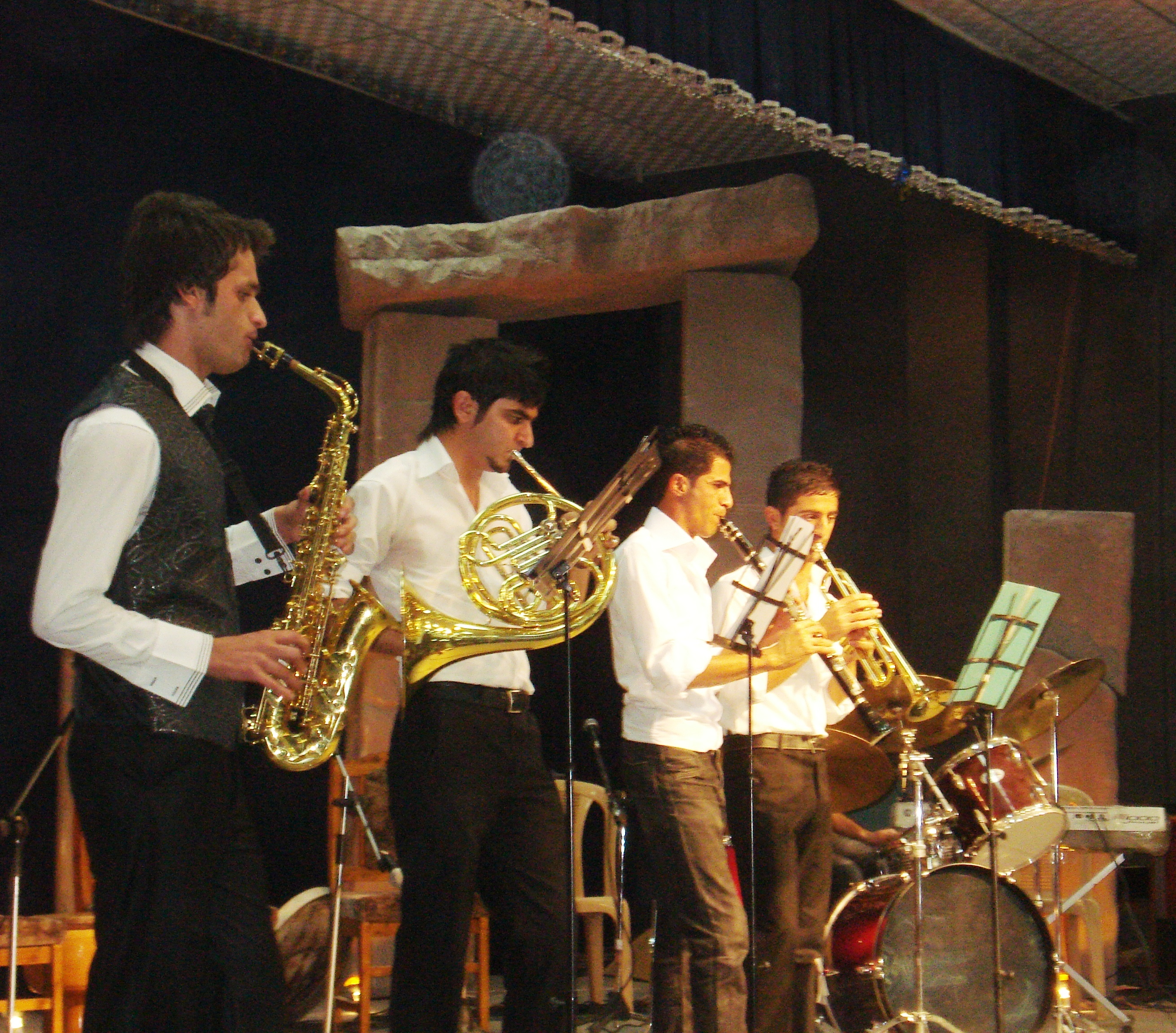Reflections on Russia’s job market for university grads
One of my friends has recently been offered a position as a professor in a foreign university. While discussing the offer with him, I thought about our job market and would like to share some ideas about it.
I’ll start with the step just after graduating from university. There are people who work in spheres that have nothing to do with their university degree, and that is mostly due to low wages in the professional spheres they would occupy.
![]() read more
read more
Squeezing women’s freedoms as they grow up
In my experience in Iraq, the opportunities open to the genders differ according to social setting, age, geographical area and religious believes. We have equality more or less during early childhood, but you still see some differences in how boys and girls are treated.
I think that the opportunities open to males are not limited. They have choices from childhood onward, and they are even allowed to bend the rules. But females are always limited in the chances they have, specifically starting around age 14. Women have to struggle to get their own rights and freedoms, and many of them have sacrificed themselves to provide the freedoms others have today.
![]() read more
read more
Lacking unified standards in education
I was having breakfast with my parents on Sunday. My mom is an English teacher, and she was grading papers. She asked me to take a look at some writing by her students.
“Do you think I’m being too demanding? This is for CAE [Cambridge English: Advanced] level,” she asked.
I pondered several things and exchanged ideas with her. It was during this conversation that I recalled how exactly I came to write in English as I do today.
![]() read more
read more
Education and gender in Russia
I think the topic of gender equality is one of the key topics in the world, including in the educational sphere. And I hope it is achieved in most countries in the world. As for Russia, boys and girls have the same chances no matter which school you look at: kindergarten, primary, secondary or high.
Unfortunately, the government’s policy at some of these levels is not very well organized.
![]() read more
read more
Hardly any women in top positions
Last week, I was talking to a friend who has just started her career. She told me that her boss said that male colleagues had been sceptical about hiring her. My friend is 30 years old. The gentlemen in the company were afraid that she would work only for a short period, get pregnant und take parental leave.
Luckily, her female boss could convince her colleagues that my friend was the right one for the job. If not, the position might have gone to a male just because he is a man and can’t get pregnant. I’m annoyed that these kinds of thinking patterns still exist. That it is taken for granted that men don’t use parental leave options to care for their children. And on the other hand, that it seems obvious that young women want to have children and stay at home.
![]() read more
read more
Light at the end of the tunnel – literally!

Many pupils in Kenya don't get the chance to study until after sundown
I read Maria’s first blog entry, and some of her words resounded heavily with me. In her post, she explains why she changed jobs: “Truth is, at the NGO, I encounter different realities than my own, I can work in programs that aim at social inclusion and better quality education – actions that imply a commitment to society from the perspective of the fellow other.”
Her post reminds me of my work with Givewatts – an organization that brings clean, renewable and safe energy to people like Peter Ochieng, a young man in a video I was just editing.
![]() read more
read more
Strokes of luck

Each year, students at the Ranya Institute's festival show off what they can do
I graduated from the Music Department at the Ranya Institute of Fine Arts in June 2008. Of course, I was happy to be done and excited because I thought that I had a job lined up for right afterward. I did everything necessary and met the requirements for a position teaching in a primary school. But it turned out that we recent graduates were unlucky – and not just in my field. No one was finding jobs in Iraq.
![]() read more
read more
A wounded society

During periods of corruption, many turn their backs on education
I read Hellgurd’s entry, and many things sound familiar.
Hellgurd implies in his entry that education in his country hasn’t been developed to its fullest due to a lack of continuity in policy. I believe it could also have something to do with the set of values that is chosen by the ruling party. There is also the fact that a lot of people in positions of power see education as a threat.
![]() read more
read more
Importing a new degree system in Russia

Russian reforms are affecting how and what students study
After reading Emmy’s entry about Kenya’s system of education and its impact on young people’s choices, I’d like to talk about the same issue in my country.
Things are set up differently in Russia. Our schools use a 3-5-2 system. The first two steps are: primary school, which usually takes 3 years, and secondary school, which takes 5. Both are compulsory. Then there’s a choice between attending high school for 2 more years and getting the right to enter a full-time university or leaving school and doing a vocational training program.
![]() read more
read more
Job search doldrums
I ran into some friends from school at a birthday party this weekend. A lot of my friends studied humanities or social sciences – some of them were able to find jobs rather quickly; others needed more time. I myself participated in my first assessment center (AC) with a big German company last week as part of my job search.
![]() read more
read more














Feedback